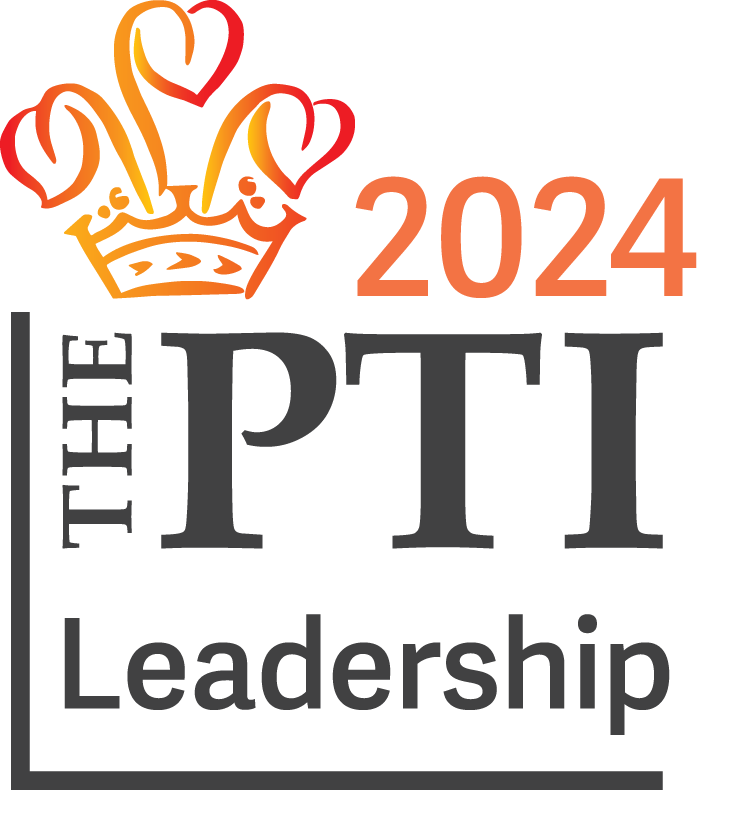Philosophy, Ethics & Theology
WHY SHOULD I CHOOSE PHILOSOPHY, ETHICS & THEOLOGY (RELIGIOUS STUDIES)?
Are you interested in questions like: “Why are we here?” “How can Jesus be human and divine?” “What makes something good?” and “Does God exist?” If so, then this is the subject for you! Religious Studies is not only fascinating but it also develops critical thinking skills, which are high on the list of requirements for prospective employers.
WHAT DOES THE COURSE INVOLVE?
The course begins by introducing the foundations of theological, philosophical and ethical thought through examining the work of key thinkers such as Aquinas. You then go on to look at issues that are significant in society; for example the rise of secularism, how God can allow evil to exist and whether goodness exists as an objective reality. The course also considers ethical theories such as Natural Law, Utilitarianism and Situation ethics as well as assessing whether human beings genuinely make free choices. The nature and significance of religious texts and concepts is discussed and the influence they have on the life of a religious believer is assessed. You will also examine the nature of religious experience and religious language.
HOW WILL I BE ASSESSED?
There are three exams one on each of the three components studies (Christian Theology, Philosophy of Religion, Religious Ethics), these are taken at the end of the second year of study. Within lessons, students will be assessed through the submission of essays and by completing mock examinations.
HOW WILL I LEARN?
Learning is through reading, discussion and essay writing guided by the teacher. You will learn through a variety of activities including group work, presenting to the class and debates. Independent work is essential for success in this subject.
WHAT SKILLS WILL I DEVELOP?
The great virtue of this subject is that it teaches not what to think, but how to think. It is the study of meaning, of the principles underlying conduct, thought and knowledge. The skills it encourages are the ability to analyse, to question orthodoxies and to express things clearly. Essay writing, critical evaluation and presenting your ideas to others in a coherent and persuasive way are at the core of the subject.
WHAT COULD A QUALIFICATION IN PHILOSOPHY, ETHICS & THEOLOGY (RELIGIOUS STUDIES) LEAD TO?
Many students go on to study the subject as part of their university course or use this A Level to support applications to a very broad range of other subjects, such as Philosophy or History.
ENTRY REQUIREMENTS
Grade 5 in GCSE Religious Studies.










